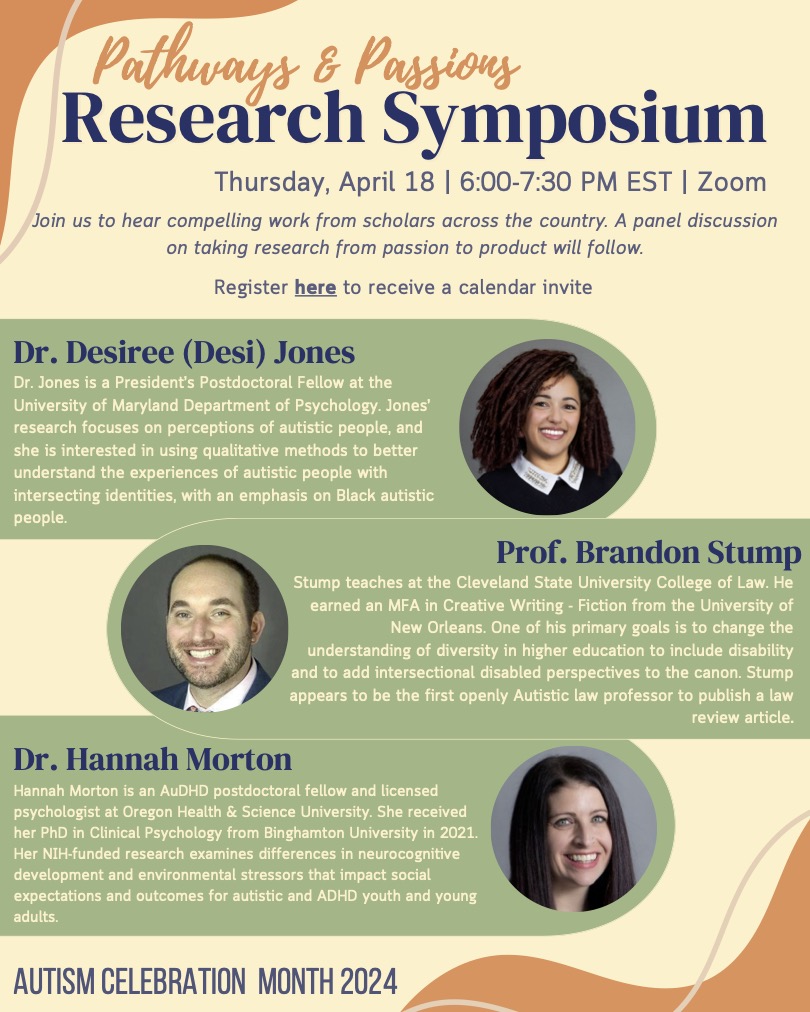Last week the Supreme Court heard oral argument regarding Mr. Trump’s claims of complete immunity from criminal prosecution for crimes he committed while serving as the President.
In a new Op-Ed, professor Kalir criticized the Supreme Court’s approach to this issue as revealed by several Justices. The short piece argues that our historical founding documents – both the Declaration of Independence and the Constitution itself – leaves very little room to argue that the President may violate the law with impunity. In fact, the opposite is true; as then-Judge Jackson noted, our history demonstrates that Presidents are not kings.
But perhaps more important than any legal line-drawing, Professor Kalir warns that democracy itself may be hanging in the balance. A reversal – technical as it may be – of the opinion below may be convincingly painted by the Trump campaign as “complete exoneration by the Supreme Court.” That, coupled with the fact that the opinion is likely to be issued very close to the election, may tip the scale in favor of a new authoritarian regime. Such result should be prevented at all costs by the Court.


